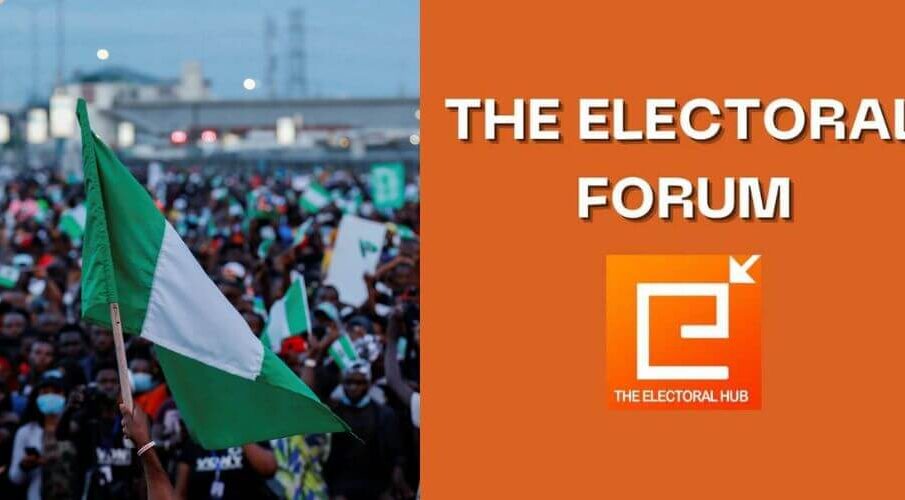
Electoral Hub
A think tank forum, Electoral Hub, has called for the judiciary to be called to account in order to ensure that their rulings and judgments do not jeopardise the electoral system.
The group, in a statement on Wednesday, stressed the need for election-related issues not to be resolved on a technical basis.
It said, “Considering the recent Supreme Court decisions, Forum believes that the judiciary must be called to account to ensure that their rulings and judgments do not jeopardize the electoral system or our democracy.
“Members also stated that election-related issues should not be resolved on a technical basis, and that if elections are found to be invalid, reruns should be held to ensure that electoral outcomes are solely the result of popular vote. This will engender confidence and prevent people from losing faith in the electoral process.
“Concerning anticipated and unanticipated risks, the Forum identified ten threats to the 2023 general elections as follows: security, trust deficit, judiciary, infrastructure, tight presidential race, voters’ access and voting rights, electoral technology, internal sabotage within the EMB, vote trading, and rising youth expectations in the electoral process, as evidenced by how youths are mobilizing for the election. According to the Forum these threats can be classified into three categories: Structure, Culture, and Infrastructure.”
The Electoral Forum therefore made the following recommendations; “Judicial decisions on elections should prioritize substance over technicalities to ensure that justice is not perverted on the basis of technicalities and that people do not lose faith in the judiciary as the last hope of the common man.
“As they did with INEC and security, which led to improvements in election management in Nigeria, civil society organizations should now focus on engagement with the judiciary to facilitate wholesome reform. Recent improvements in the conduct of security agencies in elections, as seen in the governorship elections in Osun and Ekiti, also reflect this trend.
“To prepare judicial officers for future elections, civil society organizations should work with the National Judicial Institute.
“One of the lessons from the Supreme Court decision is that INEC should promptly publish political party monitoring reports and make them publicly available as a way to deter those looking to influence legal proceedings and those who might want to take advantage of technicalities to thwart justice and fairness in the electoral process.
“Technicalities in electoral Court decisions should be well described to avoid misunderstandings and foster a greater awareness of these topics, particularly among the electorate.
“Recent events highlight the urgent need for legal system reform and a reassessment of our laws and their application. There is the immediate need for the Federal High Court to review its Practice Direction, particularly on the mode of commencement of pre-election cases using originating summons.
“There is a need to enlighten and educate voters and stakeholders on the process of electing people and declaration of results to prevent violence due to ignorance
“INEC needs to activate its rapid response communication system in relation to false news to make sure that the public has quick access to accurate information and prevent hackers from tampering with results from the INEC Result Viewing webpage.”











